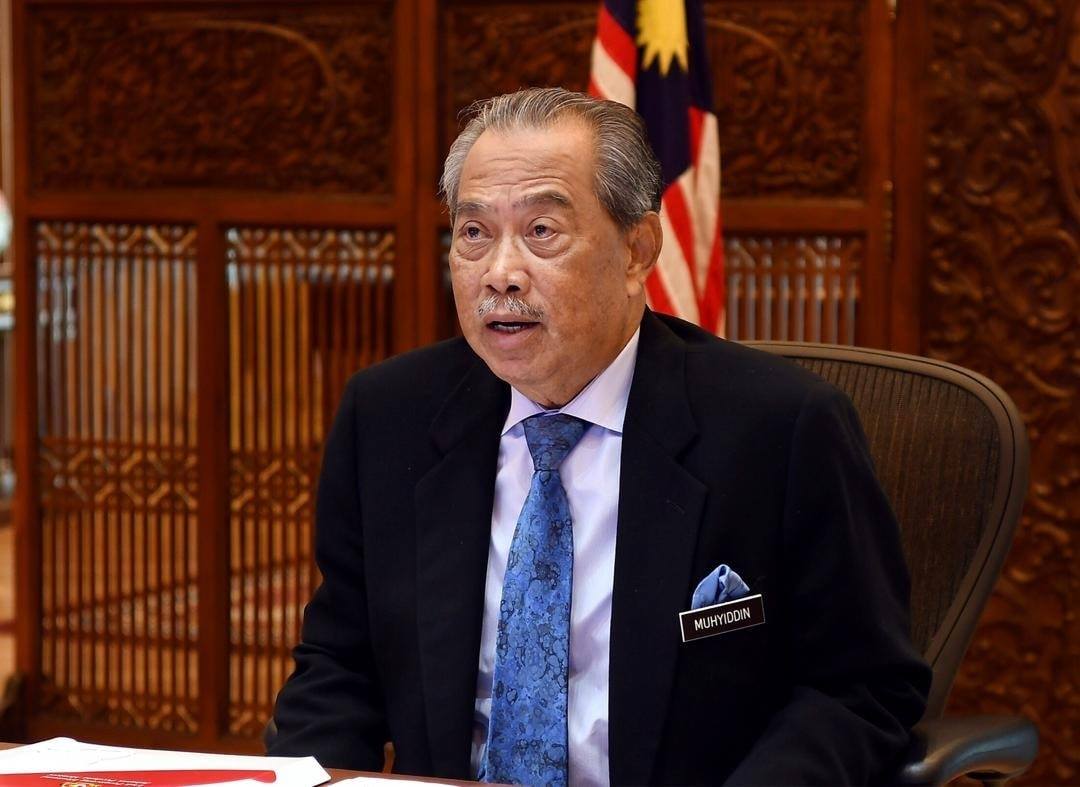KUALA LUMPUR, Dec 22 — The government signed yesterday an agreement with AstraZeneca to purchase 6.4 million doses of the UK pharmaceutical company’s Covid-19 vaccine, covering 10 per cent of the Malaysian population.
Prime Minister Muhyiddin Yassin also announced today that the government was also finalising deals to buy coronavirus vaccines developed by two China-based pharmaceutical companies — Sinovac Biotech Ltd and CanSino Biologics Inc — as well as the Sputnik V shot by Russia’s Gamaleya National Center.
He added that the first million doses of the Pfizer-BioNTech vaccine would arrive in Malaysia in February 2021.
The Covid-19 vaccines that have been or will be purchased by the government — Pfizer-BioNTech, the global COVAX Facility, AstraZeneca, Sinovac, CanSino, and Gamaleya — cover 82.8 per cent of Malaysia’s population, or 26.5 million people.
Putrajaya has purchased 12.8 million doses of the Pfizer-BioNTech to cover 20 per cent of the Malaysian population on its two-dose regimen (6.4 million people), 6.4 million doses of the AstraZeneca-Oxford University shot to cover 10 per cent of the population (3.2 million people), and enough vaccines from COVAX to cover another 10 per cent of the population (3.2 million people).
This equates to 40 per cent coverage, which means that the three Chinese and Russian vaccines will likely comprise the remaining 42.8 per cent of the total 82.8 per cent coverage for the Malaysian population. The government said it is spending US$504.4 million (RM2.05 billion), as of today, on Covid-19 vaccines for 82.8 per cent of the population (26.5 million Malaysians).
Science, Technology and Innovation Minister Khairy Jamaluddin said the Sinovac, CanSino, and Gamaleya vaccine agreements currently being finalised with the Malaysian government would not just include purchasing doses, but also domestic fill-and-finish work and potential tie-ups with the Malaysian research and development (R&D) sector.
“Vaccines will be delivered throughout 2021 with the first delivery scheduled for February 2021 contingent upon approval and registration by the National Pharmaceutical Regulatory Agency (NPRA) KKM,” he tweeted.
Health director-general Dr Noor Hisham Abdullah told a press conference yesterday that the country’s pharmaceutical authority, the National Pharmaceutical Regulatory Agency (NPRA), would take 90 to 120 days to decide on whether to approve the Pfizer-BioNTech vaccine after receiving Pfizer’s application on December 15 for registration of its vaccine in Malaysia.
The Pfizer-BioNTech, AstraZeneca, and Gamaleya coronavirus vaccines have already shown results from Phase 3 clinical trials, but Sinovac and CanSino have yet to complete late-stage studies. Sinovac’s shot has reportedly cleared the 50 per cent efficacy threshold in its Brazil trial; the vaccine is also being tested in Indonesia and Turkey.
Reuters reported yesterday that CanSino has recruited more than 20,000 participants in Pakistan, Russia, Mexico, and Chile for Phase 3 clinical trials of its candidate vaccine. The company reportedly plans to involve 40,000 participants in total, besides lining up trials in Argentina.
Russia’s state-run Gamaleya announced last December 15 that its Sputnik V vaccine was 91.4 per cent effective at preventing Covid-19 infection, citing new analysis of data from Phase 3 trials.
Regulators from the United States, Europe, and the United Kingdom have approved the Pfizer-BioNTech shot. AstraZeneca’s Covid-19 vaccine showed 62 per cent efficacy for participants who received two full doses at least a month apart, as well as 90 per cent efficacy for the minority of participants who received a half dose first, according to an interim analysis of its Phase 3 trial published in the Lancet on December 8.
Singapore received last night its first Covid-19 vaccine shipment, the first Asian country to get the Pfizer-BioNTech shot. Channel News Asia reported Singaporean Transport Minister Ong Ye Kung as saying that Singapore planned to be a regional hub for transportation of coronavirus vaccines.








